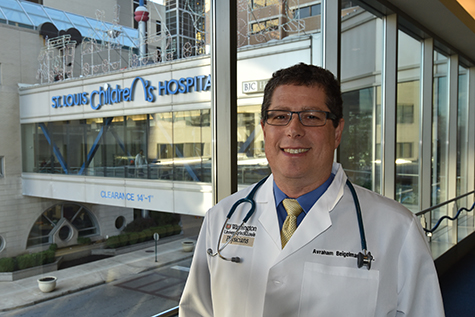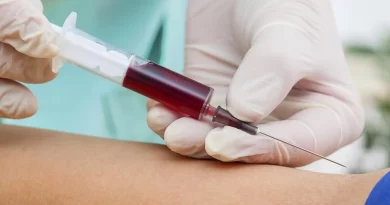Antibiotics May Increase Risk Of Recurrent Wheezing In Babies With RSV, Warn Researchers
Syncytial respiratory viruses, or RSV, usually cause mild symptoms, such as cold, and most people recover in one or two weeks with self-care. But it can cause severe infections to some people, including babies, older adults, people with heart disease and lungs, or anyone with a weak immune system. RSV is very common so that almost all children contract the virus at some point in early childhood, mostly based on age 2. Rarely, this infection can cause bronchiolitis to infants who need hospitalization. Often, antibiotics are given to patients with RSV bronchiolitis even though this practice is not supported by clinical guidelines.
Meanwhile, a new study has warned that antibiotics may not help prevent repeating blessings among babies who are hospitalized with RSV, but it is proven to be dangerous Azithromycin antibiotics are known to be useful in some chronic lung diseases, including cystic fibrosis. But research by researchers at the University of Washington and Vanderbilt did not find differences in the amount of wheezing in babies treated with azithromycin compared to those who received placebo The results of the study were presented at the Annual Meeting of the American Academy of Allergy, Asthma & Immunology in Phoenix and published in the New England Journal of Medicine – proof.
Anti-inflammatory effects of azithromycin confirmed
However, research was confirmed, that azithromycin had anti-inflammatory properties. The researchers found that babies treated with antibiotics have lower IL-8 levels (markers of inflammation of airways) in their nose rather than babies who receive placebo Strangely, they found that the Azithromycin seemed to increase the risk of wheezing, with 47 percent of patients treated with azitromycin which experienced repeats to 36 percent of the placebo group. The researchers defined repeating as three episodes of wheezing for two to four years of follow-up The first author of Avraham Beigelman, Associate Professor of Pediatrics at the Washington Medical School, stated that there was a possibility of an increased risk of wheezing antibiotics Because antibiotics are often given to babies with RSV bronchiolitis, it notes that new findings must be communicated to pediatricians.
RSV Symptoms to watch out for
Usually, the signs and symptoms of RSV infection appear about four to six days after viral exposure. In healthy adults and older children, RSVs usually cause mild symptoms that usually imitate ordinary flu such as –
- Congested or runny nose
- Dry cough
- Low-grade fever
- Sore throat
- Sneezing
- Headache



